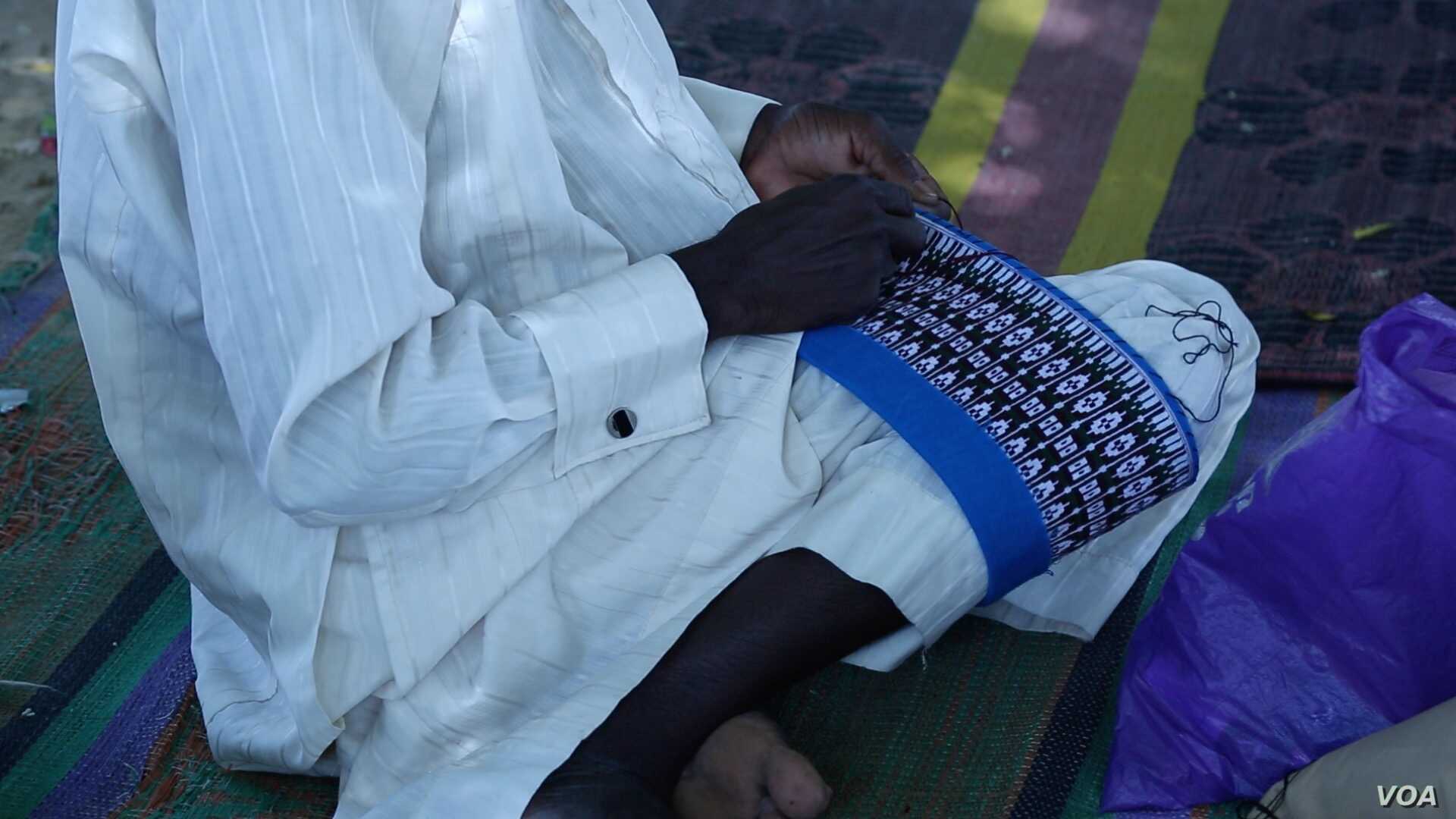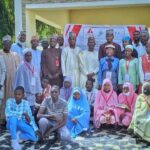The European Union-funded Plan International on Tuesday began distributing livelihood kits to 1, 370 youths to enhance self-employment across 21 local government area of Borno state.
While declaring the distribution open, the Borno state governor Babagana Zulum commended the EU and Plan International for their generosity to the people of Borno state.
The governor who was represented by the permanent secretary of the state’s ministry of Reconstruction, Rehabilitation and Resettlement, Abbah Yusuf, urged the beneficiaries to avoid the temptation of selling off the kits donated to them.
He said, “I am sure this will help to boost the economy of our state and help the youth to be self-reliant. To the beneficiaries, I urge you all to make the best use of this opportunity and not to sell these items. Make sure you are serious in the trade for which you have been trained, and make it beneficial for you and your immediate families.”
The items distributed include tailoring kit for 455 beneficiaries, cap-making kits to 193 boys and girls, food processing kits for 125 persons, baking kits for 100 persons, kits for salons for 248 youth and ground-nut oil processing kits for 106 young people. Others are shoe making kits for 104 and soap making kits for 139 youth making a total of 1, 370 beneficiaries.
They are being distributed under the European Union: Support to Response, Recovery and Resilience in Borno State’s education component project being implemented by the Plan International-led consortium.
Other members of the consortium include Save the Children and Gender Equality Peace and Development Centre.
The EU Coordination Team Lead, Kabiru Abass, in his remarks said the EU was supporting 21 out of 27 local governments in the states.
He said, “We are here to support the programmes of the government in helping vulnerable people in their various communities. Plan International led consortium is one of the 15 interventions of the EU in Borno state.”
Robert, Komakech, the Interim Country Director of Plan International Nigeria, said the project was being implemented in collaboration with the Borno State Agency for Mass Education (B-SAME) who “supported the selection, training and empowerment of youth across nine local government areas to re-engineer their potentials and energies for peace and stability.”
According to Komakech, “Based on the knowledge from studies and field experience, skills acquisition and access to support to utilize same skills will contribute to peacebuilding, reduction of poverty, unemployment and criminality.”

 Join Daily Trust WhatsApp Community For Quick Access To News and Happenings Around You.
Join Daily Trust WhatsApp Community For Quick Access To News and Happenings Around You.


